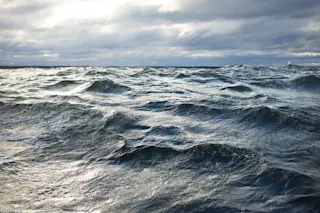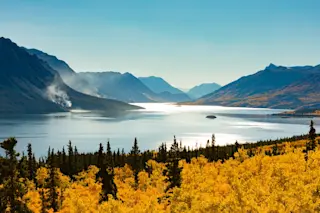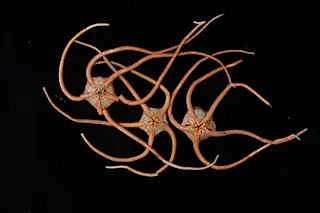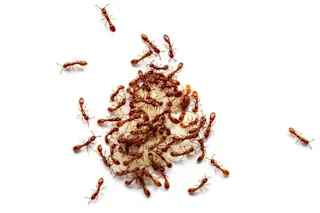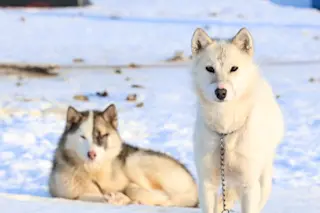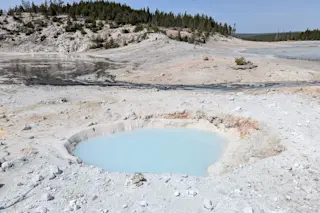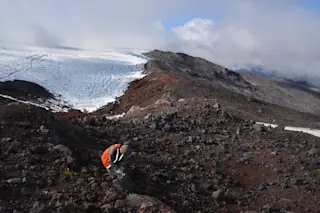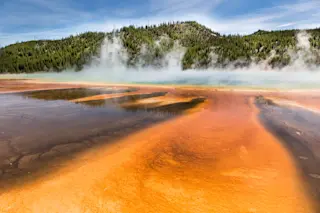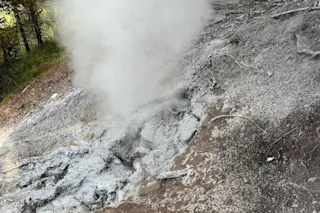The ravages of global warming could be mitigated by convincing farmers around the world to plant slightly different varieties of corn, barley, and millet, according to a new study which examines the reflective properties of crop plants.
Plants reflects short wave energy back out to space much like snow and other light surfaces do. This is known as the albedo effect and is a key component of calculating the effects of climate change. As Arctic ice melts and is replaced by dark water, for instance, the region's warming is expected to accelerate. Plants have higher or lower reflectivity depending on things like the shape and size of their leaves and how waxy they are [New Scientist].
Lead researcher Andy Ridgwell and his colleagues were inspired in their work by the growing talk of geoengineering fixes for global warming, including ambitious and large-scale projects like seeding the Southern Ocean with iron ...



